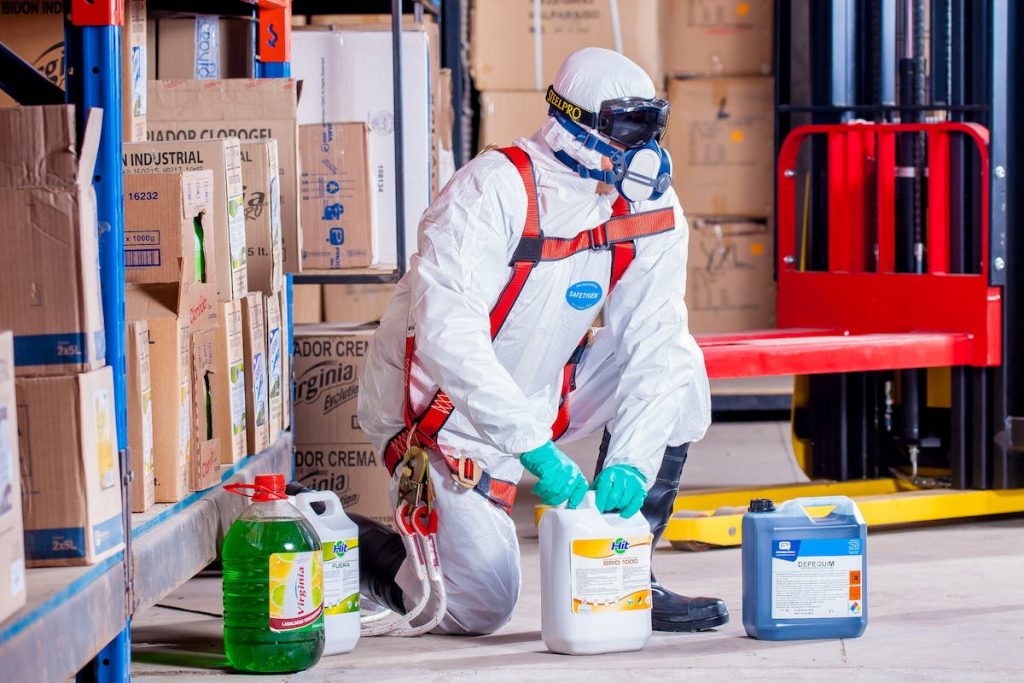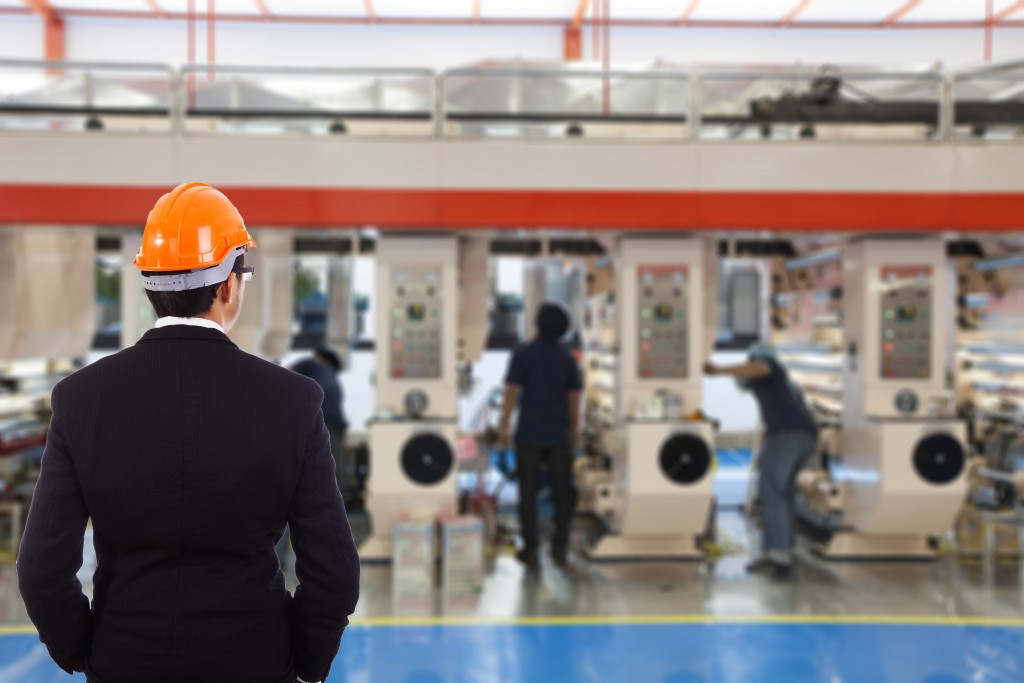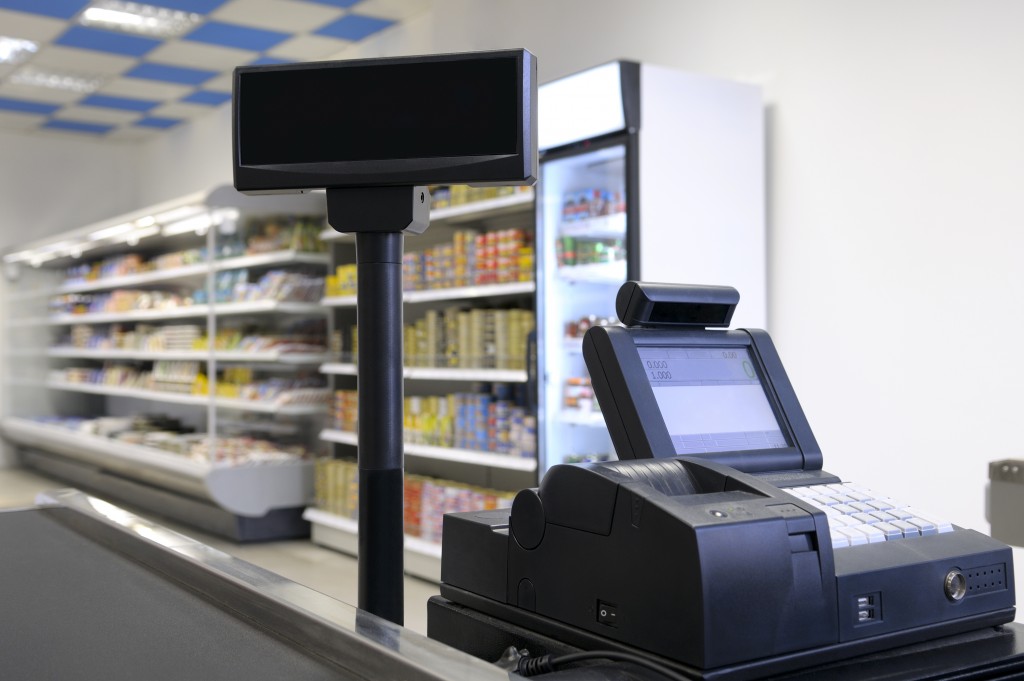- Prioritizing and budgeting for equipment acquisitions can improve business efficiency and reduce costs.
- Understanding business needs helps determine necessary equipment and avoid unnecessary expenses.
- Regular maintenance and repair are crucial for prolonging equipment lifespan and performance.
- Adherence to safety regulations and standards is essential when choosing equipment for business operations.
As a business owner or entrepreneur, there comes a time when you have to make strategic equipment decisions to ensure that your business operates at its optimal level. Selecting the right tools, whether it be forklifts or high-tech software, can make all the difference in the efficiency of your operation. With so many factors to consider, it can be overwhelming to determine which equipment is necessary and which you can do without. This blog will discuss the importance of making strategic equipment decisions and how to effectively choose the best tools for your business.
Evaluate Your Budget
The cost of equipment can vary from one brand to another, so it’s essential to consider your budget before making any purchases. If your budget is limited, you may have to prioritize which equipment is necessary for your business and which can be purchased at a later date. You can also consider renting equipment instead of buying to save money in the short term.
For example, you can rent a forklift for a specific project instead of purchasing one outright. This approach can help you save money and still have access to the necessary equipment when needed. Just make sure that the forklift you rent is in good condition and meets all safety standards. It should also come with a warranty in case of any malfunctions.

Analyze Your Business Needs
The next step in making strategic equipment decisions is to analyze your business needs. Understanding your needs will allow you to prioritize which tools are necessary and which you can postpone. Here are four questions you need to ask yourself:
What type of equipment does my business require?
The type of equipment you need depends on the nature of your business. For example, a construction company will require heavy machinery such as excavators and bulldozers, while a graphic design agency will rely on high-tech software and computers.
How often will I use this equipment?
Consider how frequently you will use the equipment before investing in it. If it’s only needed for occasional projects, it may be more cost-effective to rent instead of purchase.
Is the equipment durable?
Durability is a crucial factor when making equipment decisions. You want to invest in tools that will last for a reasonable amount of time and won’t constantly require repairs or replacements.
Are there any additional features or benefits?
Some equipment may have extra features that can greatly benefit your business. For example, a forklift with adjustable settings can increase efficiency and productivity in your warehouse. Be sure to research all the features and compare them to determine which ones are necessary for your business.
By analyzing your business needs, you can determine which equipment is necessary and avoid overspending on tools that may not be essential for your operations.
Consider Maintenance and Repair
Equipment maintenance and repair are essential factors to consider when making strategic equipment decisions. Consider your equipment’s lifespan and the maintenance schedule required to keep it running smoothly. Forklifts, for example, require specific maintenance that needs to be carried out regularly. Consider whether your team has the resources to maintain the equipment properly or if you will need to outsource maintenance.
Observe Safety Requirements

Choosing the right equipment goes beyond cost-effectiveness and efficiency, as safety is a paramount factor. Ensure that the equipment you choose meets safety standards and regulations. These safety standards and regulations vary depending on the type of industry and the place of operation.
The logistics industry in Singapore, for example, has strict safety regulations for forklifts to ensure the safety of workers and the general public. They require forklift operators to undergo training and certification before operating the equipment. It’s essential to understand these safety requirements and incorporate them into your decision-making process.
Making strategic equipment decisions is not a task to be taken lightly. It requires a comprehensive evaluation of your budget, a clear understanding of your business needs, consideration for maintenance and repairs, and adherence to safety regulations. While the process may seem daunting, remember that the aim is to boost your business’s efficiency, productivity, and safety.
Take the time to conduct thorough research and consider all the factors discussed in this blog. By doing so, you will be well-equipped to make informed decisions that will ultimately benefit your business in the long run. Remember, the right equipment is not merely an expenditure; it’s an investment in the success of your business.

